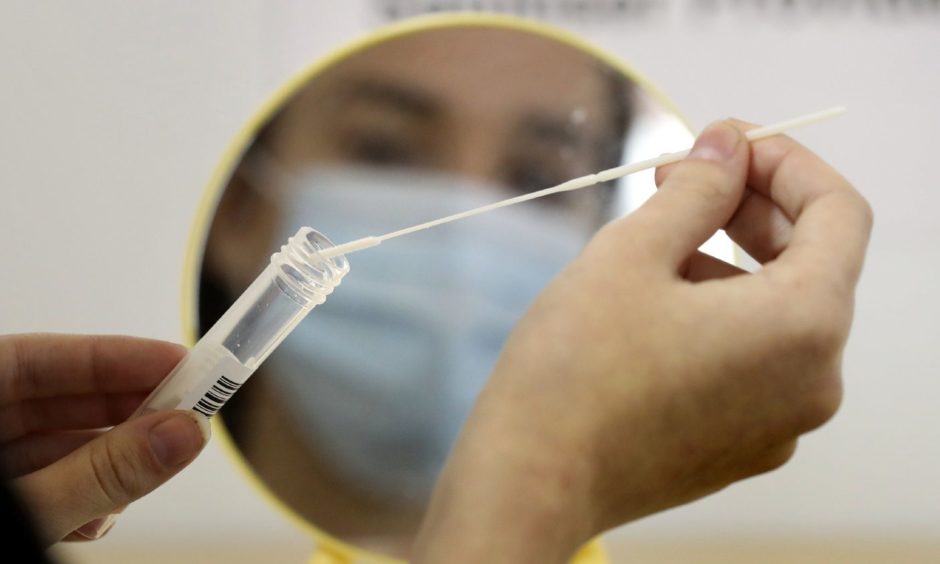Drivers visiting Skye and Lochaber have been urged to mooove out the way when travelling in the region.
With roads expected to become busier over the next week, police posted a video of a motorist stopping at a passing place to allow an unusual road user to get by.
A cow moves slowly across the road, with the driver allowing plenty of time for it to pass before heading on their way.
The message from the police highlighted the tightness of some of the routes in the region and called on motorists to be careful, especially at night.
We're expecting things to start getting busier on the roads over the next few days. Be patient, kind and accommodating and remember to moooove into the side at the passing places. A wee wave helps too! pic.twitter.com/67QrwSlpCL
— Lochaber & Skye Police (@LochabSkyePol) April 21, 2021
A statement read: “We’re expecting things to start getting busier on the roads over the next few days.
“Be patient, kind and accommodating and remember to moooove into the side at the passing places.
“A wee wave helps too.”
Travel restrictions easing
The warning comes as travel restrictions have been eased across Scotland, and overnight stays are to be allowed from Monday.
English holiday-makers can also cross the border from the same date, with an influx of tourists expected to visit Skye and other scenic places in the north and north-east over the next few months.
In an attempt to alleviate some of the tourism pressure, Highland Council bid for seven more rangers to help patrol some visitor hotspots.
The local authority already has 10 rangers in place, covering Skye, West Lochaber, Caithness and Sutherland, Ross-shire, the Black Isle, Mid Ross and Nairn.
When travelling to the islands, visitors have been urged to take two lateral flow tests before heading on their journey.

Speaking on BBC’s Good Morning Scotland, chief executive of NHS Shetland and Orkney Michael Dickson said the tests would be one of the many ways to help protect the communities when travelling back and forth between the mainland and the islands.
He added: “The islands are being really hard hit by Covid-19 and we don’t have facilities such as intensive care departments, so it stands to offer some assurance that you don’t have the virus before you go to an island.”